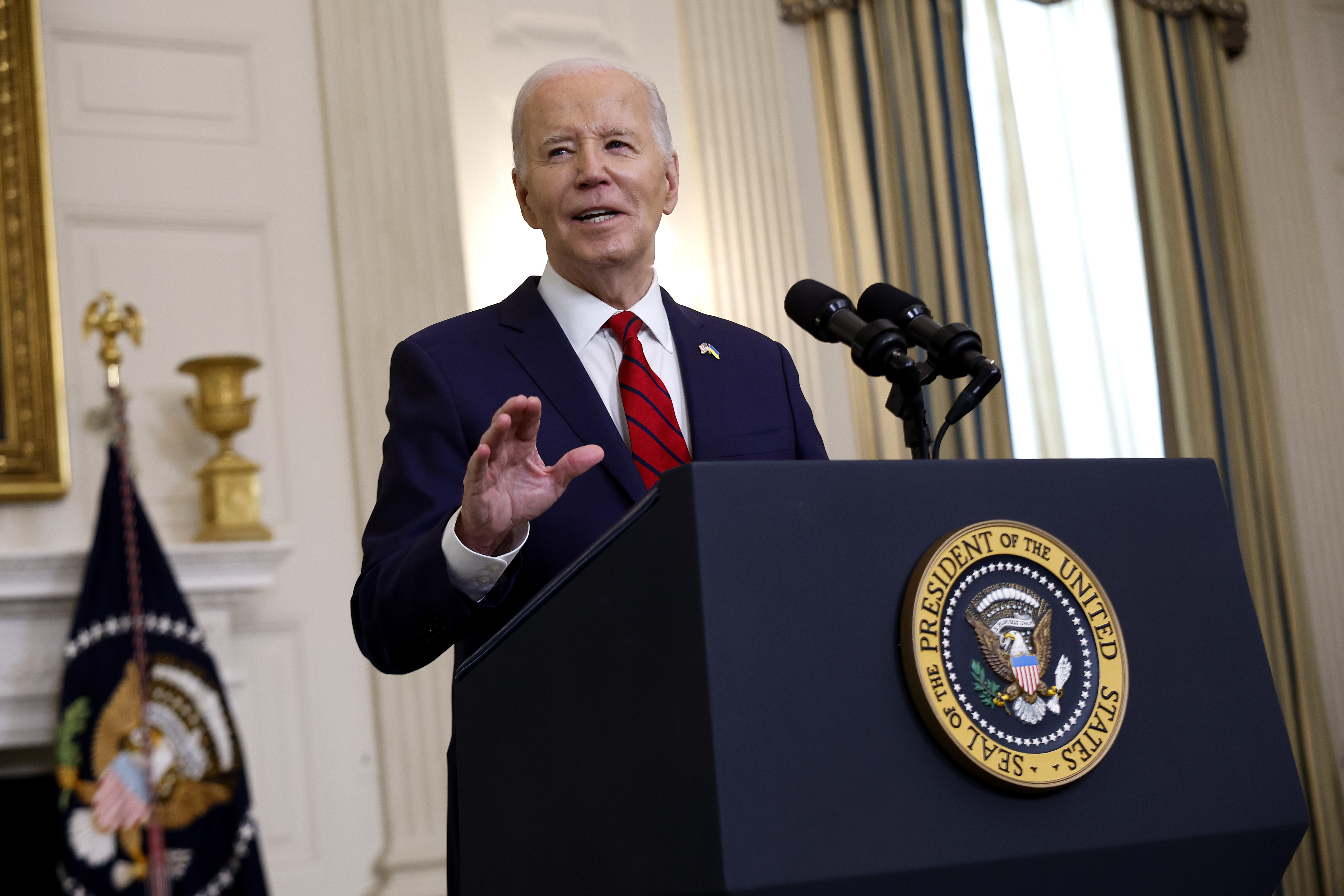A $15 billion state budget gap that has raised the specter of massive funding cuts has upped the ante on gambling in Texas, with some opponents fearing that their allies in the Legislature could turn to gaming to help lessen the blow.
At least one bill calling to legalize casino gambling is expected this legislative session and getting support from some Democrats who traditionally support such measures. Two years ago when the Legislature last met, there were several gambling bills put forward. None passed.
But with a budget crisis looming -- and funding to public education, health care and other state services on the chopping block -- gambling opponents aren't taking any chances.
Both sides have said legalizing gambling could generate at least $1 billion in state revenue, which lawmakers could dole out as they see fit. Even with a more conservative Legislature this year, some believe a billion-dollar temptation could sway more lawmakers.
"It's a situation where a lawmaker could hold his nose and say, 'public education is too important for me to not take advantage of this financial opportunity,"' said Chuck McDonald, a legislative consultant in Austin who has worked on pro- and anti-gambling efforts in the past.
Democratic Sen. Rodney Ellis plans to introduce a gaming bill that would legalize casino gambling. Details of the plan haven't been released, but he hinted Thursday at a ballot initiative. With the state facing a record budget deficit, voters should be allowed to decide whether they want to legalize gambling, he said.
"The people deserve the right to choose whether they want draconian cuts to children's education, health care for the elderly, and aid to veterans, or they want to move forward with an option to bring back the jobs and money to Texas we are giving away to other states," Ellis said in an e-mail.
Politics
Politics from around the world.
Today, Texans who want to gamble travel to Louisiana or American Indian reservations in Oklahoma.
Yet supporters and opponents caution that legalizing gambling in the Lone Star State is still a longshot. Republicans increased their stronghold on both the House and Senate during the November elections, and approval of any gambling legislation requires a supermajority -- or two-thirds support in both legislative chambers.
"Will it happen? Probably not. Is there a chance? Yes," said Tilman Fertitta, head of Houston-based Landry's Inc., which just bought Donald Trump's Atlantic City holdings. Fertitta acknowledged it was a longshot, but noted that new gambling revenue could help Texas ward off deep cuts to its public schools.
"People saying no today might say yes tomorrow when the cuts hit their own backyard," he said.
Which is exactly why Suzii Paynter, director of the Christian Life Commission for Texas and staunch gambling opponent, is bracing for a fight.
"It's always tempting and there's always a big push at the capital . . . especially at a time when revenue is short," Paynter said.
She has polished up her talking points and put together a fact sheet, ready to tell lawmakers why gambling would not be the best way to collect revenue: Unlike the lottery -- where the state makes 33 cents for every $1 spent -- Texas stands to make only 2 cents on every $1 bet in a slot machine, Paynter said, noting that sales tax is 8 cents to the dollar.
Instead, she argues, taxes on beer and wine could be raised by $1, bringing in $786 million immediately.
"And you don't need to build anything or plant any palm trees," Paynter said.
Fertitta acknowledged that gaming wouldn't bring in money immediately and would only make up a small percentage of the budget gap. However, he envisions a Las Vegas-like setup for Texas, with spas and conventions, a model that would bring in jobs, sales tax revenue as well as gaming money, he said.
"If you're going to do it you need to do it first class," Fertitta said.
Other states have made money from gambling even in recent years when the recession saw casino revenues drop.
In Pennsylvania, for example, supporters of legalizing slot machines in 2004, including then-Gov. Ed Rendell, said it would generate $1 billion a year once all 14 casinos authorized by the law were up and running. Ten are open today, while plans to build four others have been stalled by lawsuits, collapsed financing and local opposition. In the current 2010-11 fiscal year, those casinos are on track to provide roughly $800 million in money for tax cuts and additional funds to support civic development projects, the equine industry and local governments.
The atmosphere is a bit different in Texas, where the Legislature approved the lottery only after a fierce fight in 1991, McDonald recalled. He said it hasn't gotten easier in the past 20 years, "but if there was ever a Legislature that would look for every means to raise revenue, it's going to be this one."



